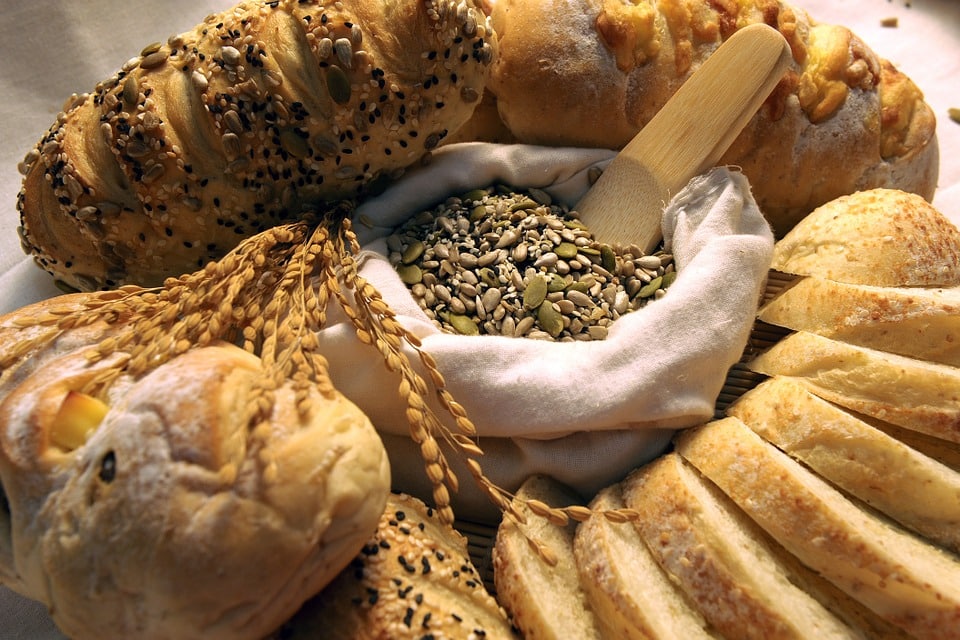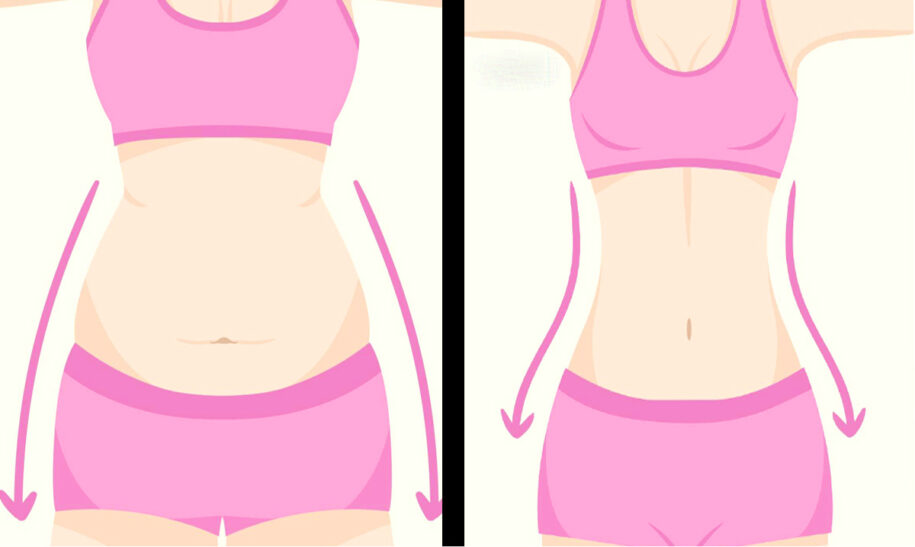Use These 5 Simple Tricks to Speed Up Your Metabolism
The faster that your metabolism works, the more calories you will burn in your daily activities – the more calories that you burn, the easier it is to lose weight. While to some degree our present metabolism is determined by gender and genetics, there is still a significant amount of it that is within our control.
Your metabolism and digestive system contain 70% of your immune system, the body’s first line of defense against poisonous substances, viruses and harmful bacteria. If your metabolism is running slow, you will find yourself feeling sluggish, lacking motivation and gaining weight. You will also be more susceptible to illness due to a lowered immune system.

The great news is that there are tricks you can apply that will help to improve the way your metabolism is functioning. “You have a huge amount of control over your metabolic rate,” stated John Berardi, Ph.D., C.S.C.S. and author of The Metabolism Advantage. “You can’t affect how many calories it takes to keep your heart beating, but you can burn an extra 500 to 600 calories a day by exercising properly and eating right.”
Your metabolism is closely linked with nature’s rhythms due to your internal clock. As you wake up and begin your day, so to does your metabolism, gaining momentum until its peak around midday. It then begins to slow down as your day concludes, in turn resting as you do. If your eating patterns are inconsistent, or poorly scheduled, your digestive system will not align with your peak metabolism. For example, if you are eating a large dinner late at night, you are in-taking this food during a slow metabolism cycle.
Making small changes to what, and when, you eat can help to speed up your metabolism, promote better sleep, provide increased energy and optimize your body’s ability to burn fat. You will wake up each morning feeling balanced, rested and healthy.
Follow these 5 daily tips to naturally speed up your body’s metabolism:
- Eat Breakfast Every Morning!

Your body, and with it your metabolism, have been resting all night long, and your breakfast is going to activate it, kicking it into gear. If you don’t fuel your metabolism first thing, it will operate slowly leaving you sluggish. In a study published in the American Journal of Epidemiology, a group of volunteers who reported regularly skipping breakfast were found to have 4.5 times the risk of obesity as those who too the time to eat.
- Enjoy a Mid-Morning Snack of Fruit

At approximately 10 AM a healthy digestive system will begin to speed up. Your body will process fruit quickly, faster than nearly any other food. This means that eating fruit at this time will help to speed up your metabolism, giving it a necessary boost. If you are interested in taking it one step further, reach for pineapple! Pineapple contains bromelain, an enzyme which burns fat.
- Enjoy a Raw Salad Each Day

A raw salad will provide your body with a large volume of fiber, which will help to provide a ‘workout’ for your digestive system. The vegetables in salad are low in calories, which will allow you to eat plenty of them! They also contain a significant amount of water, balancing the moisture content within your colon, as well as enzymes with help to fire up many of the healing processes that occur within your body.
- Don’t Eat Carbs at Night

Carbohydrates play a necessary role, providing your body with energy. At night, after approximately 6 PM, your body and your metabolism begin to slow down, preparing you for sleep. If you consume carbs at this time, your body will respond by storing the additional energy that you are providing it as fat while you sleep, as you will not require nearly as much energy throughout the night as you would during the day. On the other hand, if you go to bed without having eaten carbs your body will burn fat for energy while you sleep.
- Get a Good Sleep

Researchers have found that a lack of deep sleep will raise the cortisol levels in your body. This stress hormone level in turn lifts blood sugar levels, which will in turn lower your energy levels and slow your metabolism. An unhealthy sleep cycle can also reduce the body’s production of leptin, a hormone which suppresses the appetite, while increasing the production of ghrelin, a hormone that tells you that you are hungry. This will leave you feeling hungry even if you don’t require additional food, leading you to overeat.


